If you’re a big Bruce Springsteen fan, then this weekend’s new release, Deliver Me from Nowhere, will be one of the year’s most eagerly awaited releases. But more-casual fans of the Boss – and I include myself in this category, despite a great admiration for a vast amount of the Springsteen recorded canon – may find the film, which focuses on the recording of his notoriously sparse Nebraska album in the early Eighties, a strange mixture of hard-going and unedifying. Jeremy Allen White may be an award-winning actor for his role in The Bear, but he neither looks like Springsteen nor sounds like him, and Scott Cooper’s film offers the actor little to work with, other than some rote daddy trauma that, we are supposed to infer, has led to all the troubles and difficulties that finally led to Great Art.
The film does, however, have a saving grace – and it’s a considerable one – in the form of Jeremy Strong, who plays Springsteen’s manager Jon Landau. On paper, it’s a thin role, the kind of all-purpose mentor-cheerleader character who appears in virtually all biopics to tell us how talented the protagonist is, even when his actions seem to fall short of greatness. Yet Strong brings a wired intensity to the part that makes the film come alive every time he’s on screen. A million miles away from his star-making character, Kendall Roy in Succession, his Landau is a decent, thoughtful man who does not resent his status as Springsteen’s representative on earth, but instead sees his role as John the Baptist to the other man’s savage messiah. It is a tricky task to make goodness – the kind of dutiful, unglamorous goodness that exists a million times a day, but seldom gets depicted on screen – dramatically interesting, but Strong excels at it.
Following on from his Oscar-nominated turn as the Machiavellian Roy Cohn in last year’s super-controversial The Apprentice, Strong seems to be cornering the market in mentors, good and nefarious alike. Next up is Mark Zuckeberg in Aaron Sorkin’s belated sequel to The Social Network, and it is a given that Strong will own the role. He is one of those rare American actors who is incapable of giving a bad, or dishonest, performance; for all his much-ridiculed method acting, which he is said to have learned at the feet of his mentor Daniel Day-Lewis, he remains an electrifying, wholly surprising presence on screen.
I’ve been trying to figure out who Strong reminds me of, and it came to me the other day in a moment of blinding clarity. The late actor John Cazale, who died of lung cancer aged 42, has a deserved reputation as a peerless performer on stage and screen alike, for the simple reason that all five films he made – including The Godfather I and II, The Conversation, Dog Day Afternoon and The Deer Hunter – were nominated for Best Picture at the Oscars, and three of them won. Like Strong, he was an actor devoid of ego on-screen, whose saturnine demeanor could be turned either to weakness – as in his doomed Fredo Corleone in the Godfather films – or something shiftier, as in The Conversation. He was an actor’s actor who never did anything cheap, crass or uninteresting, and he died in Meryl Streep’s arms. There are, admittedly, worse ways to be regarded by posterity.
Cazale’s reputation has never diminished in the decades since he died, and so it is that I increasingly believe that Strong will be regarded in a similar fashion by future generations. Thankfully, he’s still a relatively young man at 46, and, all being well, we can expect decades of interesting, challenging and honest work from him. Cazale was robbed of the opportunity to go on to household name status by his untimely demise, but let us hope that his true successor is able to steal films from the supposed leads for years to come.



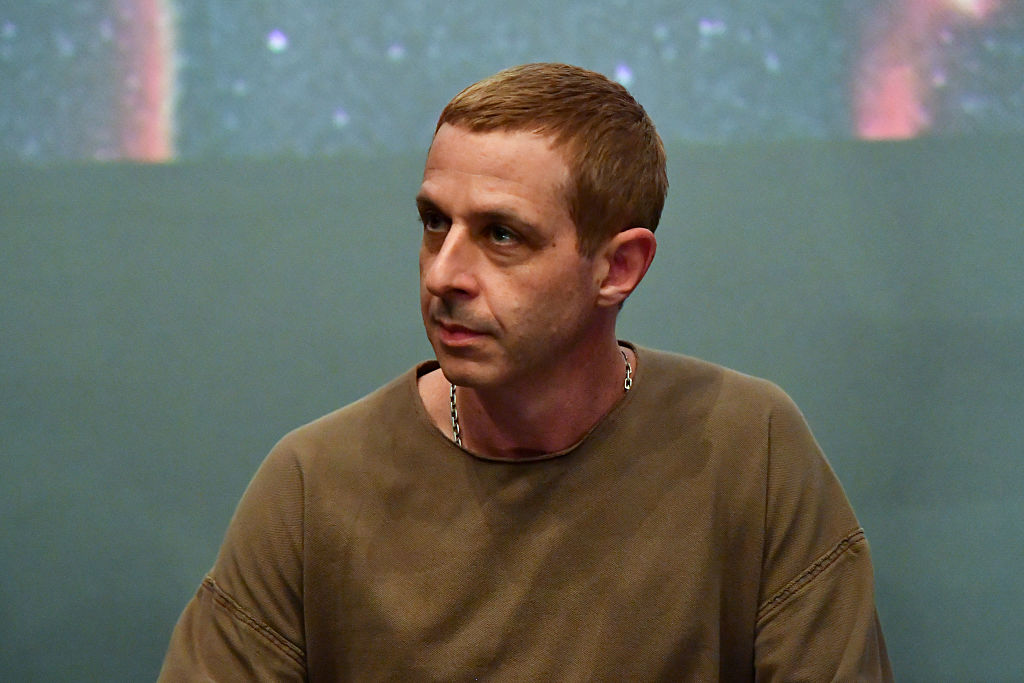









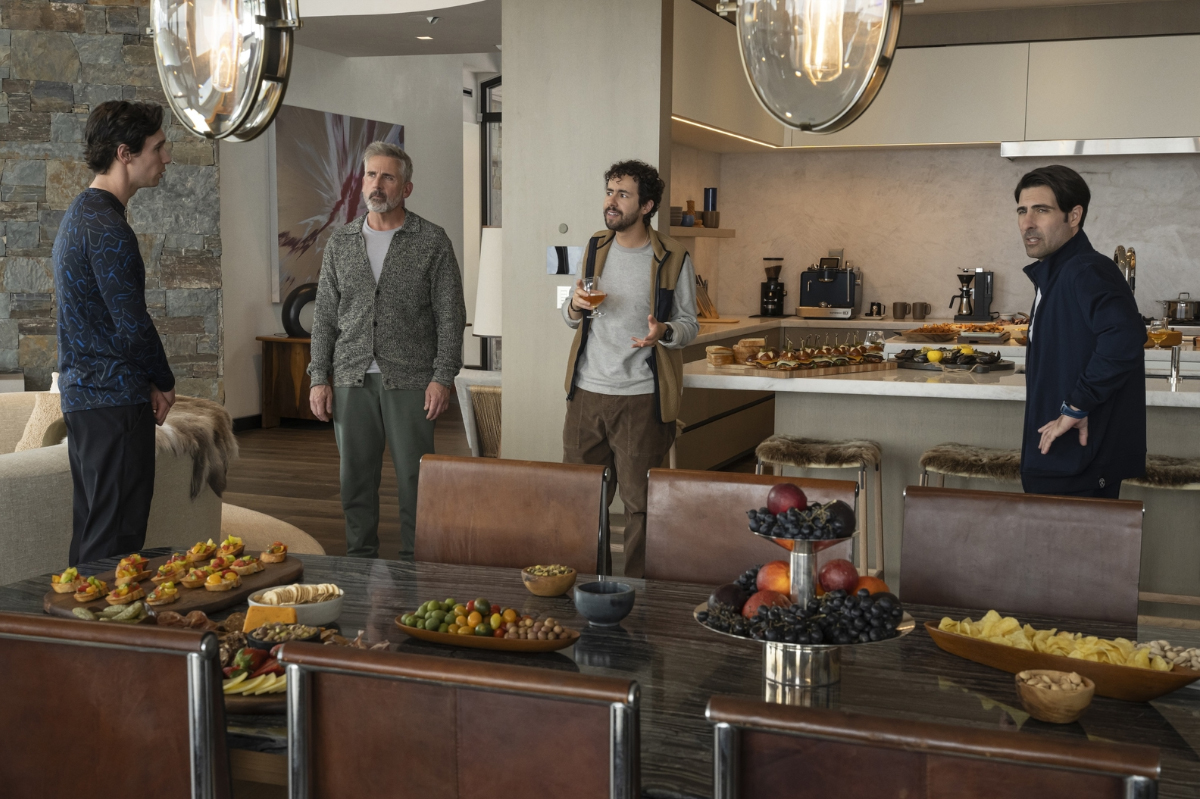


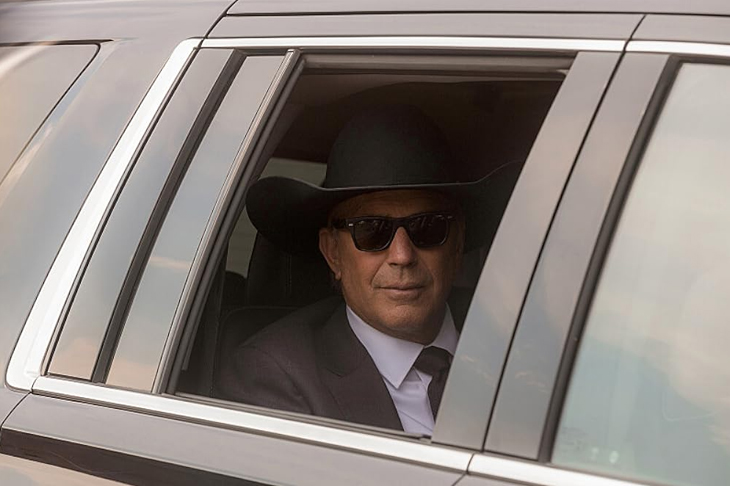
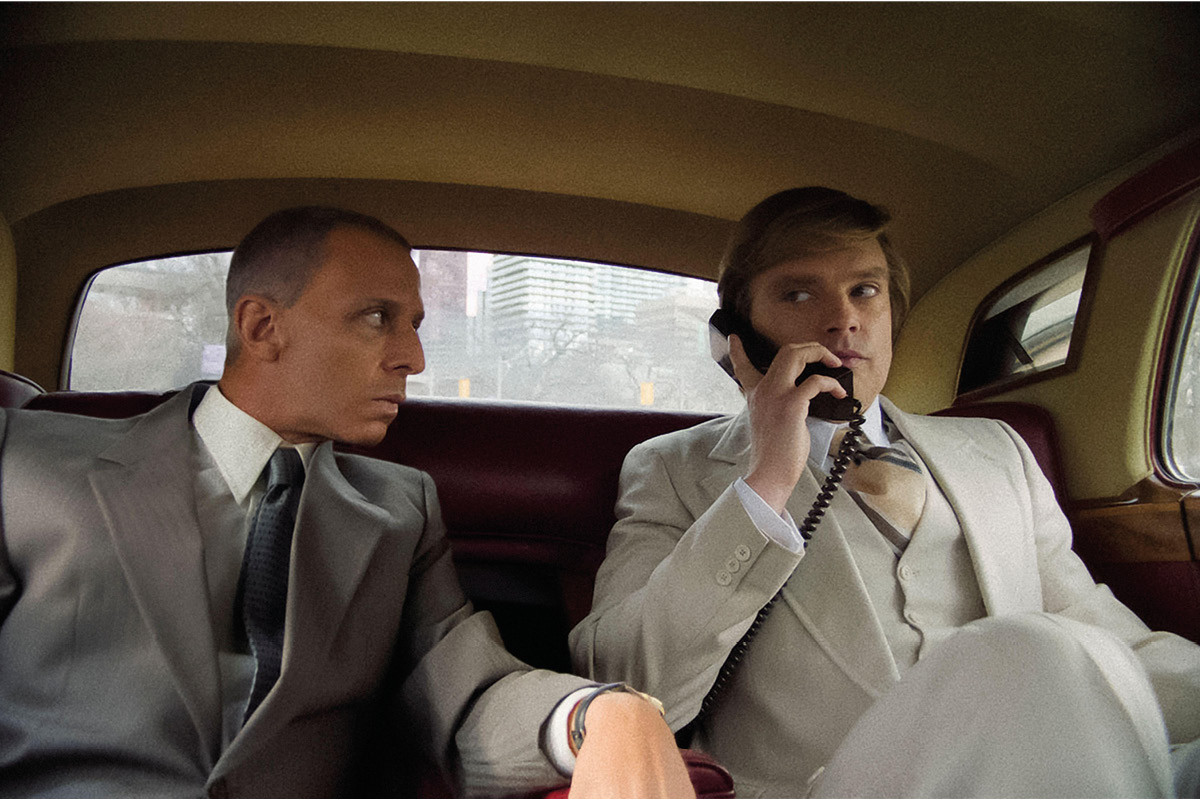
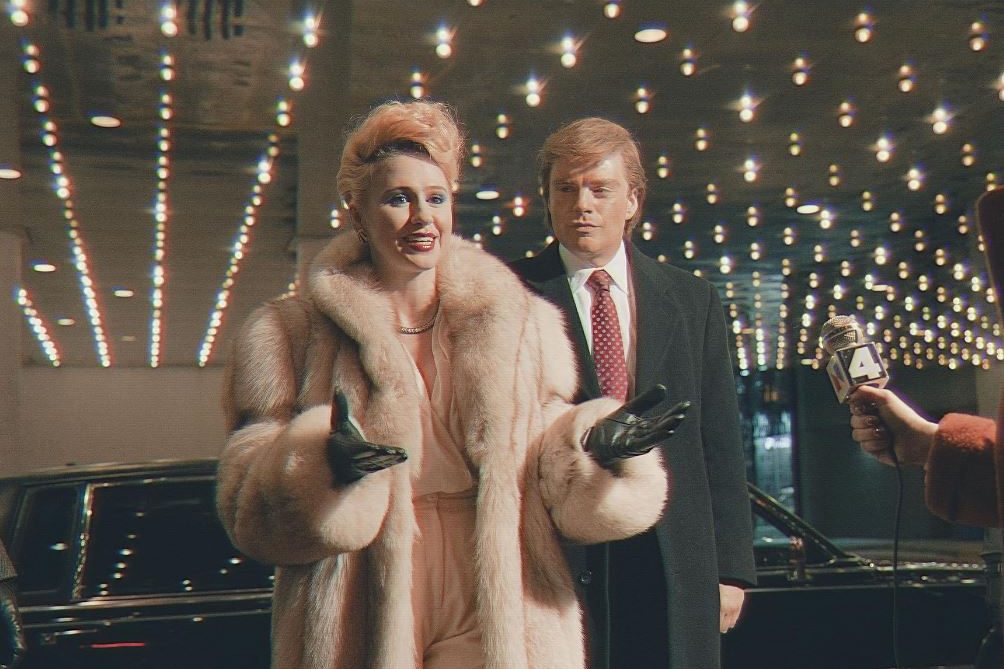







Leave a Reply